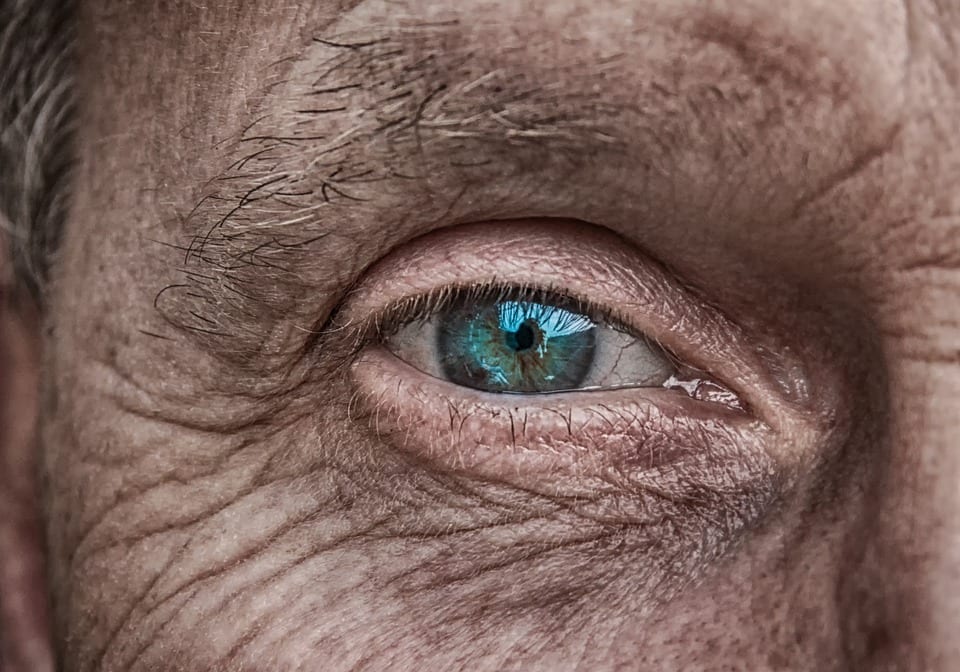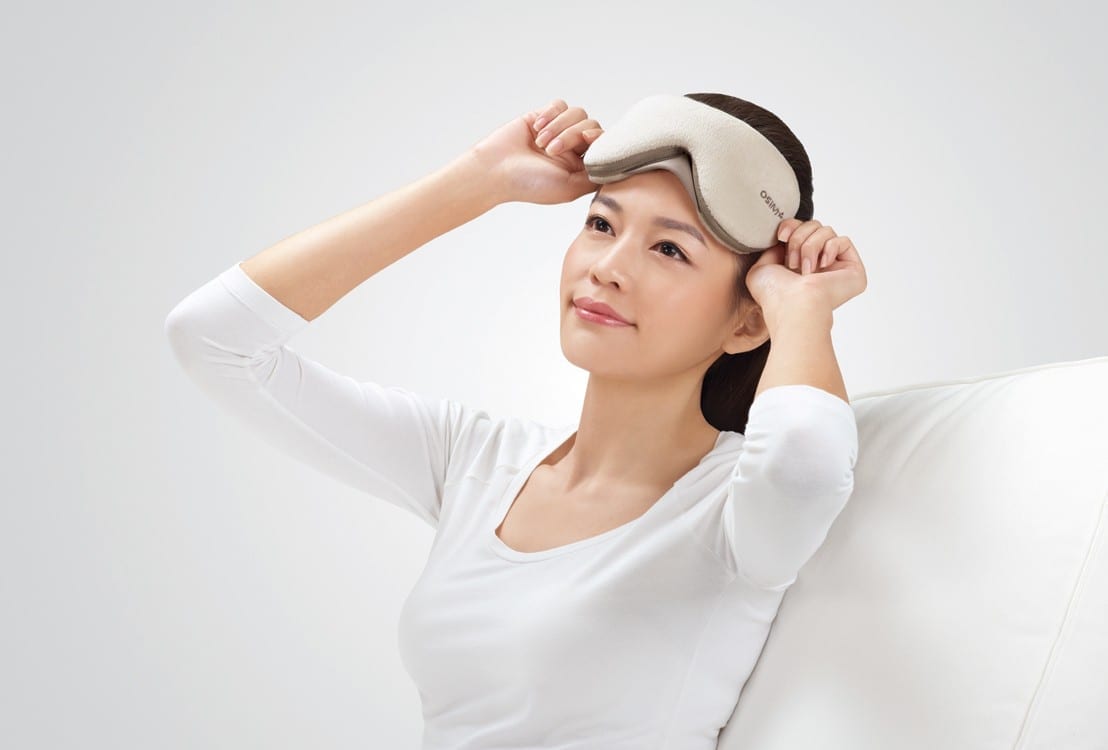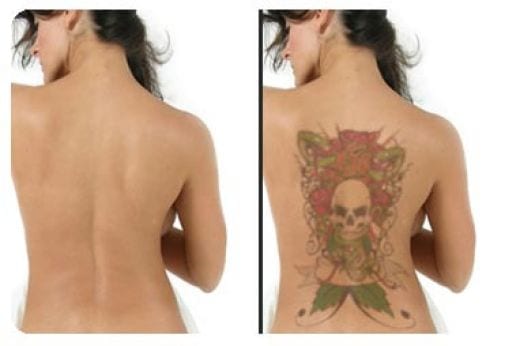Your eyes are the delicate windows to your soul; they are amazing gifts that are made up of many divisions that all play a part in focusing and inevitably enabling us to see. Can you imagine not having proper eyesight? All the pleasures that we take for granted will be affected such as admiring the scenery, driving, writing, reading, work or play.
Eyes are made up of the following parts:
- Cornea is the window of your eyes where light passes through.
- Sclera is the non-transparent white tissue, which surrounds the cornea.
- Iris is the colour part of the eye.
- Pupil is the black centre of the iris, which allows light into the eye.
- Lens is the internal focusing element, which is curved on both sides.
- Retina is a layer that is found at the back of the eye, which allows the image to be transmitted and interpreted.
- Aqueous humour is the clear liquid found between the cornea and lens.
- Vitreous humour is the clear liquid between the lens and retina.
Causes of eye problems include, but are not limited to:
- Diabetes
- Family history
- Hypertension
- Viruses
- Bacteria
Do you constantly suffer with any of the following?
- Blurred vision, eye redness, headaches or squinting
- Eye pain, fatigue, irritation or excessive eye secretion
- Foreign spots or seeing spots
- Visual distortion of straight lines
- Difficulty in reading or problems with focusing on objects
If you do have any of the above symptoms, you should discuss this with your ophthalmologist.
NB: Prevention is better than cure
A well balanced diet can help you maintain good and healthy eyesight.
The following list contains eye protecting nutrients from various sources:
- Vitamin A such as cod liver oil, carrots, sweet potatoes, squash
- Lutein and zeaxantthin such as spinach
- Vitamin B such as cereal, bread, legumes
- Vitamin C such as strawberries, green or red peppers, broccoli
- Bioflavonoids such as cherries, citrus fruit, grapes
- Vitamin E such as sunflower seeds, hazel nuts, almonds
- Selenium such as seafood, brazil nuts
- Zinc such as oysters, wheat, nuts
- Fatty acids such as salmon, trout
In general you should:
- Avoid direct exposure to bright light
- Wear sunglasses or hats
- Avoid continuous close range activities eg. knitting
- Avoid smoking
- Control your hypertension and diabetes
- Eye protection is important if your occupation or sport warrants it
- Follow instructions given if you wear contacts
- Always ask your doctor if your prescription or non-prescription medication affects your vision
- Try not to rub your eyes as this may lead to infections
- Use allergen reducing agents during allergy seasons






Be the first to comment on "Eye Care Awareness – Health Awareness"